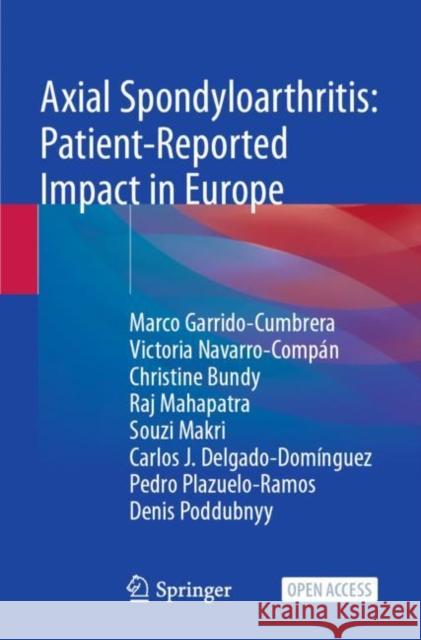Axial Spondyloarthritis: Patient-Reported Impact in Europe » książka
topmenu
Axial Spondyloarthritis: Patient-Reported Impact in Europe
ISBN-13: 9783030976088 / Angielski / Miękka / 2022
Axial Spondyloarthritis: Patient-Reported Impact in Europe
ISBN-13: 9783030976088 / Angielski / Miękka / 2022
cena 161,36
(netto: 153,68 VAT: 5%)
Najniższa cena z 30 dni: 154,18
(netto: 153,68 VAT: 5%)
Najniższa cena z 30 dni: 154,18
Termin realizacji zamówienia:
ok. 16-18 dni roboczych.
ok. 16-18 dni roboczych.
Darmowa dostawa!
This open access book provides an overview of the International Map of Axial Spondyloarthritis (IMAS) project -focusing on Europe-, a wide-ranging, multi-disciplinary collaboration between academic groups, Health Care Professionals (HCPs), patient organizations and Novartis. IMAS was conceived to improve knowledge of Axial Spondyloarthritis (axSpA) and raise awareness of its heavy burden globally. By asking more than 2,000 patients across Europe about the impact of axSpA on multiple aspects of their life, the full extent of this disease was investigated from a direct patient perspective. This allowed a unique understanding of how living with axSpA affects the daily lives and well-being of patients, and how this varies between European countries.











